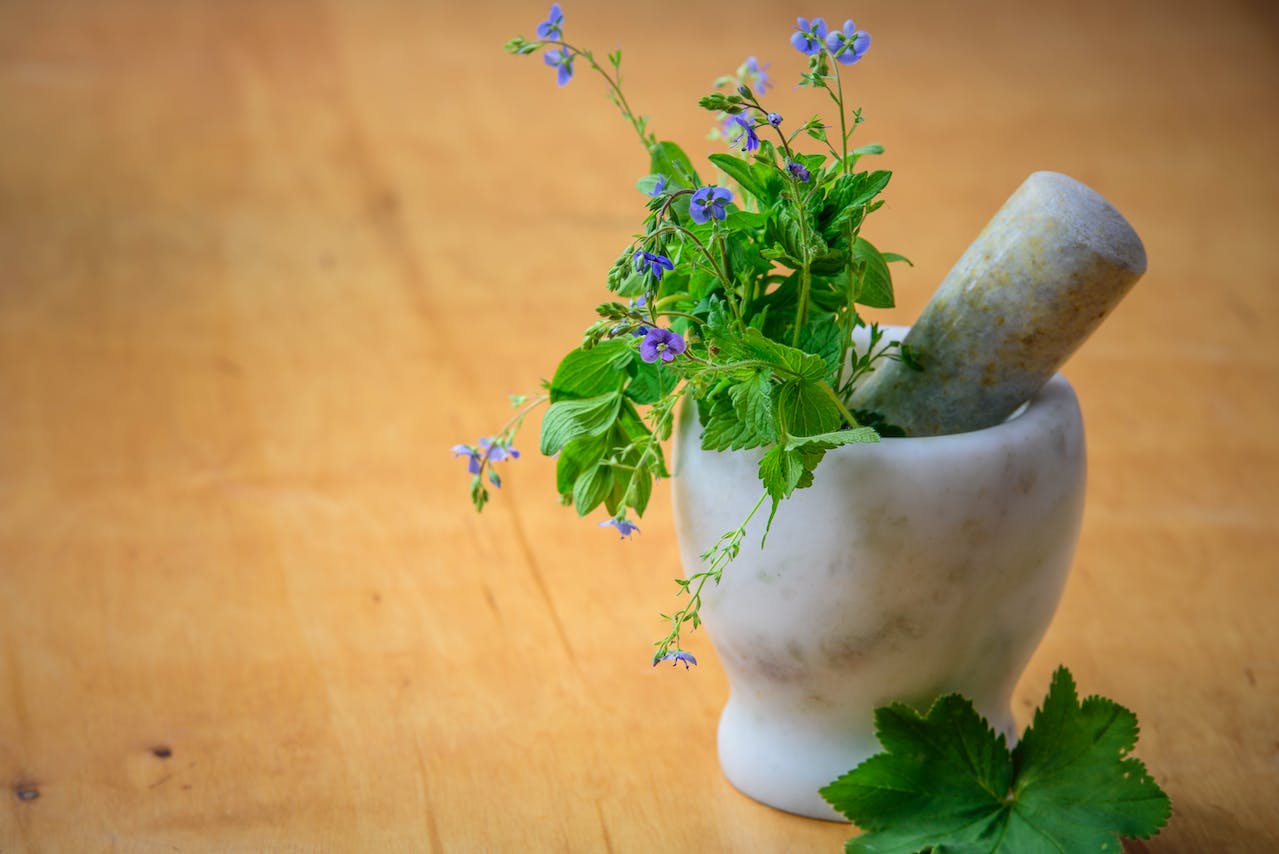Kidney disease is a serious health concern affecting millions of people worldwide. As a seasoned expert in renal health, I often encounter individuals seeking natural remedies to support their kidney function. In this article, we'll delve into the world of herbs and their potential benefits for kidney disease. It's important to note that while herbs can be a valuable addition to a holistic approach, they are not a substitute for medical advice and treatment. Always consult with your healthcare provider before incorporating new herbs into your regimen.
The Basics of Kidney Disease
To comprehend the role of herbs in kidney disease, it's crucial to understand the basics of renal health. The kidneys play a pivotal role in filtering waste products from the blood and regulating fluid balance. When the kidneys are compromised, waste accumulates, leading to various complications.
Herbs for Kidney Health
1. Dandelion Root (Taraxacum officinale)
Dandelion root has been traditionally used to support kidney function. Rich in antioxidants, it may help reduce inflammation and oxidative stress in the kidneys. Moreover, it has diuretic properties, promoting the elimination of excess fluid and waste.
2. Nettle (Urtica dioica)
Nettle is known for its diuretic properties, aiding in the removal of toxins from the body. Additionally, it contains compounds that may help reduce inflammation and support overall kidney health.
3. Ginger (Zingiber officinale)
Ginger is renowned for its anti-inflammatory and antioxidant properties. These qualities may contribute to the protection of kidney cells and the reduction of inflammation in individuals with kidney disease.
4. Turmeric (Curcuma longa)
Curcumin, the active compound in turmeric, exhibits anti-inflammatory and antioxidant effects. Studies suggest that turmeric may help mitigate kidney damage and inflammation, making it a potential ally in kidney disease management.
Herbal Approaches to Manage Symptoms
1. Managing Hypertension with Hibiscus (Hibiscus sabdariffa)
Hypertension is a common complication of kidney disease. Hibiscus has been studied for its potential blood pressure-lowering effects, making it a valuable herb for individuals with kidney disease.
The Basics of Kidney Disease
To comprehend the role of herbs in kidney disease, it's crucial to understand the basics of renal health. The kidneys play a pivotal role in filtering waste products from the blood and regulating fluid balance. When the kidneys are compromised, waste accumulates, leading to various complications.
Herbs for Kidney Health
1. Dandelion Root (Taraxacum officinale)
Dandelion root has been traditionally used to support kidney function. Rich in antioxidants, it may help reduce inflammation and oxidative stress in the kidneys. Moreover, it has diuretic properties, promoting the elimination of excess fluid and waste.
2. Nettle (Urtica dioica)
Nettle is known for its diuretic properties, aiding in the removal of toxins from the body. Additionally, it contains compounds that may help reduce inflammation and support overall kidney health.
3. Ginger (Zingiber officinale)
Ginger is renowned for its anti-inflammatory and antioxidant properties. These qualities may contribute to the protection of kidney cells and the reduction of inflammation in individuals with kidney disease.
4. Turmeric (Curcuma longa)
Curcumin, the active compound in turmeric, exhibits anti-inflammatory and antioxidant effects. Studies suggest that turmeric may help mitigate kidney damage and inflammation, making it a potential ally in kidney disease management.
Herbal Approaches to Manage Symptoms
1. Managing Hypertension with Hibiscus (Hibiscus sabdariffa)
Hypertension is a common complication of kidney disease. Hibiscus has been studied for its potential blood pressure-lowering effects, making it a valuable herb for individuals with kidney disease.
2. Reducing Proteinuria with Astragalus (Astragalus membranaceus)
Astragalus is known for its immune-modulating properties and may help reduce proteinuria, a common symptom of kidney disease. It is advisable to use astragalus under the guidance of a healthcare professional.
Integrating Herbs Safely
While herbs can offer support, their efficacy varies, and safety is paramount. It's essential to approach herbal remedies with caution, especially if you are already taking medications. Some herbs may interact with pharmaceuticals or exacerbate existing conditions.
Always:
- Consult Your Healthcare Provider: Inform your healthcare provider about your intention to use herbs for kidney health. They can offer personalized advice based on your medical history.
- Start Gradually: Introduce one herb at a time to monitor your body's response. Discontinue use if you experience any adverse effects.
- Monitor Kidney Function: Regularly assess your kidney function through medical tests. This ensures that any changes in your health are promptly addressed.
Conclusion
In the realm of kidney disease management, herbs can be valuable allies. Dandelion root, nettle, ginger, and turmeric offer potential benefits, while hibiscus and astragalus address specific symptoms. However, it's crucial to emphasize that herbs are not a cure-all, and a comprehensive approach involving medical intervention, a balanced diet, and lifestyle modifications is essential.
As an experienced kidney disease expert, my advice is to view herbs as complementary tools in your health arsenal, working in tandem with conventional medical treatments. Always prioritize open communication with your healthcare provider to ensure a safe and effective integration of herbs into your kidney health regimen.
Are you tired of living under the shadow of kidney disease? Are you yearning for a life free from the shackles of dialysis, kidney failure, and the looming threat of kidney transplants? If so, you're in the right place at the right time. Imagine waking up every morning with boundless energy, feeling rejuvenated and ready to take on the day. Envision a life where your kidneys are functioning optimally, and you no longer dread the burdensome routines of dialysis sessions. The Kidney Disease Solution Program is here to turn that vision into reality for you.


